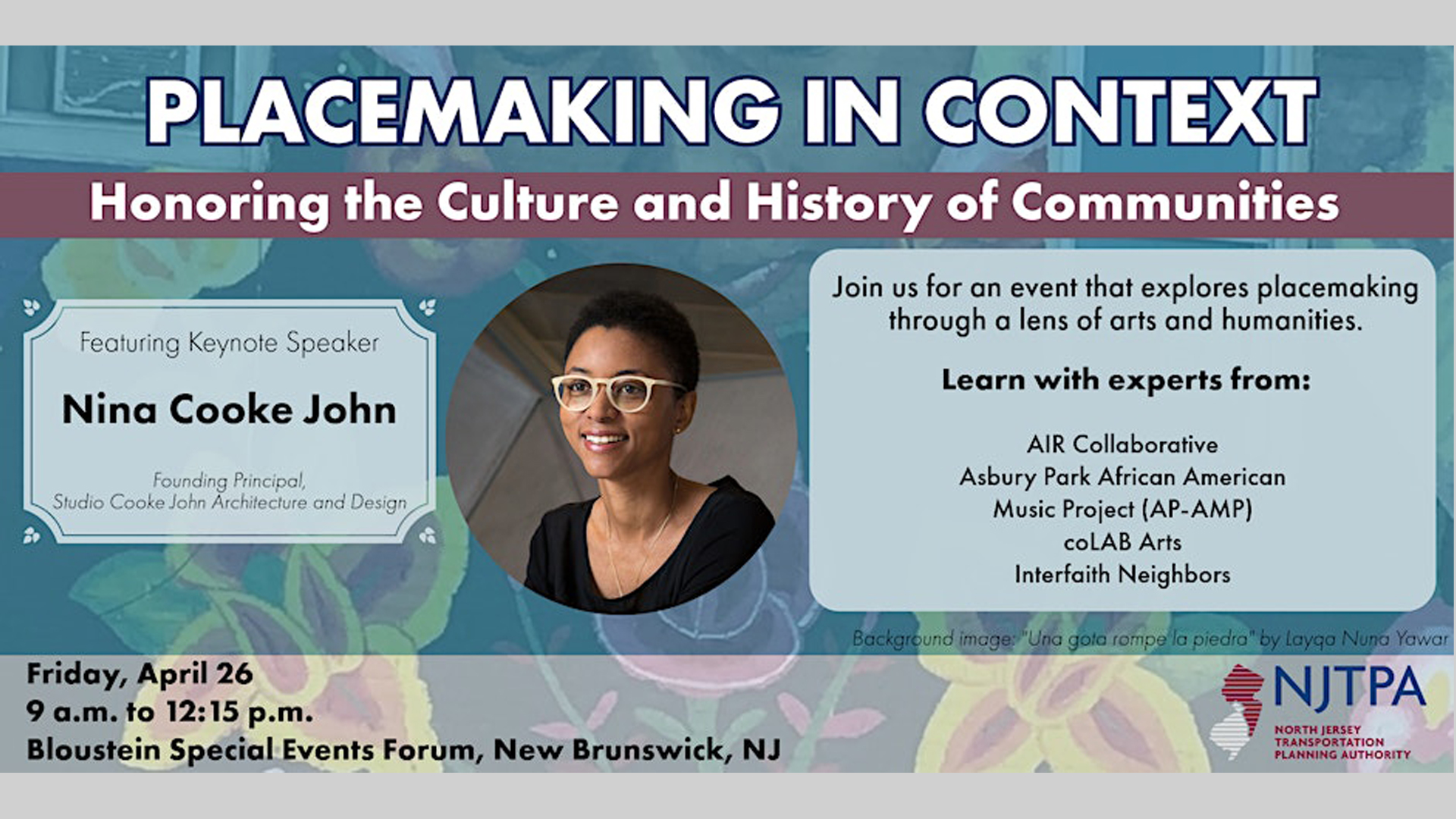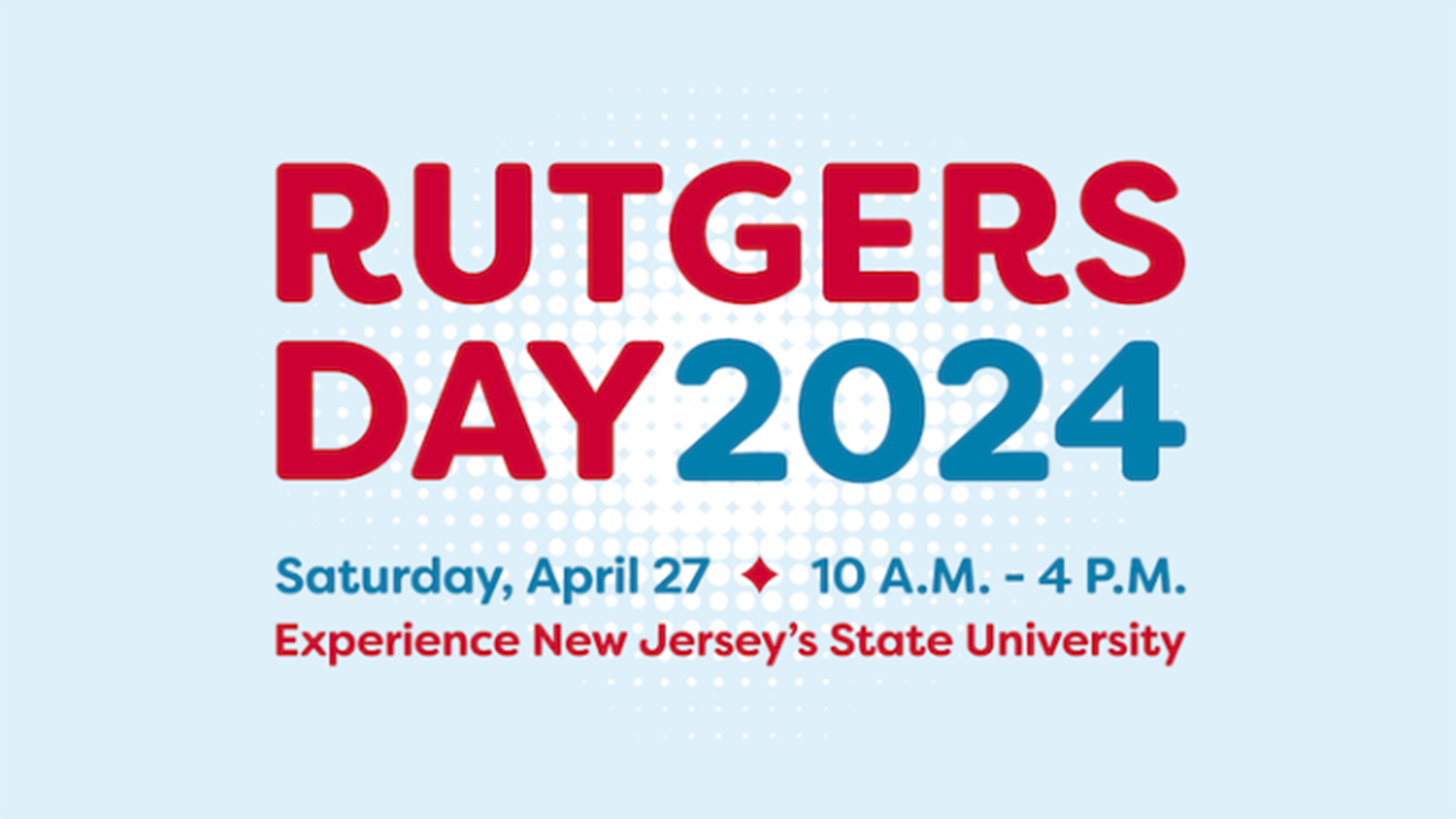Access to reliable transportation, particularly public transportation, is essential for returning military veterans with disabilities to reintegrate to civilian life and obtain critical medical and support services, according to a new Rutgers study.
The research, conducted by the Bloustein School’s Alan M. Voorhees Transportation Center (VTC), found that veterans with disabilities living in transit-oriented developments – mixed-use residential and commercial land uses integrally tied to transit – seem to be better poised to meet their needs independently.
“Mobility limitations can adversely affect veterans’ ability to reach medical services and employment,” said Stephanie DiPetrillo, one of two principal investigators on the VTC study. “Isolation, both physical and emotional, can make reintegration more difficult. Promoting transportation independence is a way to meet veteran needs.”
The study, Exploring Transportation, Employment, Housing, and Location Issues for New Jersey Veterans with Disability, included interviews with diverse public and private stakeholders in New Jersey and the U.S. veteran community, as well as working-age veterans with disabilities.
The majority of participants in interviews and focus groups agreed that transition to civilian life for veterans with disabilities involves learning to address a range of physical, mental and emotional challenges. They emphasized that lack of transportation is a significant obstacle to finding gainful employment, stable housing, support services and continuing education opportunities, and hinders the ability to reconnect with family, friends and community.
- Pursuing additional research on the transportation and siting characteristics of successful veteran transit-oriented developments. This would help communities establish facilities that would best support veterans’ transition to civilian life.
- Creating a one-stop resource center to guide a veteran through the discharge process and continue to provide consistent support from a single point of contact for the extended transition period.
- Establishing a state-level task force to discuss holistic approaches and other means to promote a nationwide discussion on how transit-oriented development models can support multiple veteran needs, including housing, employment and transportation.
The authors found that reintegrating with civilian society is daunting for all veterans and can easily be overwhelming without appropriate information and support.
Veterans coping with the strain of one or more disabilities – more than 25 percent of U.S. veterans, according to American Community Survey estimates – must address and overcome even more obstacles.
“Transportation may seem to be the least of their worries, but it is the lynchpin that connects disparate parts of daily living,” said co-principal investigator Andrea Lubin. “Access to transportation must therefore be considered in any reintegration efforts.”
DiPetrillo and Lubin are seeking funding to pursue additional research that will help identify best practices and contribute to a greater understanding of transportation’s vital role in successful U.S. veteran community reintegration.
The project was conducted with support and collaboration from the Mineta National Transit Research Consortium based at San Jose State University. To read the free report, click here.



